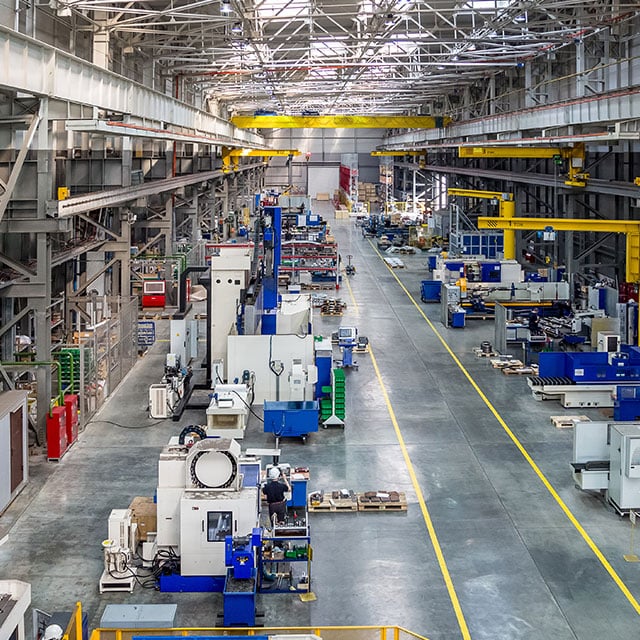Charlene Hiller and David Little are featured in Lexpert discussing the unpredictable costs arising from collaborative procurement models gaining appeal in Canadian infrastructure, while the market continues to grapple with uncertainties, from labour shortages, COVID-related delays and volatile commodity prices to supply-chain issues.
Charlene says there has been significant spending on infrastructure in the last few years in British Columbia and Alberta but in British Columbia, a worker and skills deficit is bringing about one-bidder procurements and “a lot of procurement alternatives.”
“There’s a huge labour shortage,” says Charlene. “We have a lot of retirements, which also means that the level of seniority in these projects is dropping in age.” She adds that the tight labour market and declining seniority on projects are just some of the factors creating delays.
“We had those floods in BC last summer. We’ve had fires,” she says. “Sounds very biblical, but it all causes quite a bit of delay. Climate change is becoming a real issue for projects in BC.”
David says he has seen trends similar to those occurring now—occasional spikes in inflation, labour shortages in various parts of the country—but now, the “pace of change is so high,” he says. “We’ve got the pandemic. We’ve got supply-chain disruption. We’ve got the impact of climate change, like floods.… Now the costs are so unpredictable and clearly rising,” he says, echoing Charlene.
Read the full article on the Lexpert website.

























